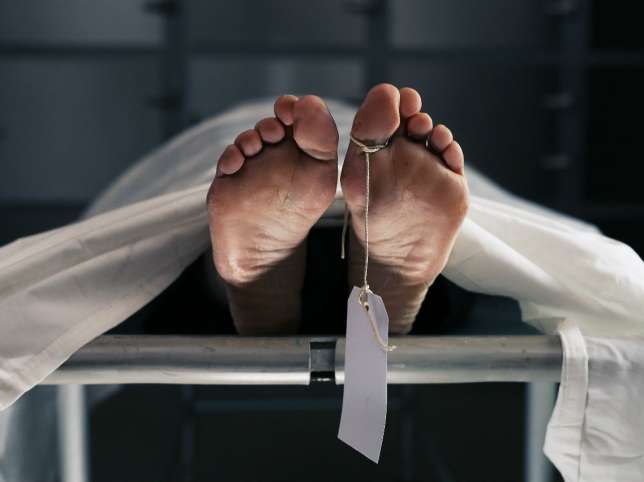Medical student, Enya Egbe, fled his anatomy class crying after being disturbed by the corpse he was asked to work on.
This was not the squeamish response of a naïve young man.
The 26-year-old still vividly recalls that Thursday afternoon seven years ago at Nigeria’s University of Calabar, converging with fellow students around three tables with a cadaver laid out on each.
Minutes later, he screamed and ran.
The body his group had been about to dissect was that of Divine, his friend of more than seven years.
“We used to go clubbing together,” he told me. “There were two bullet holes on the right side of his chest.”
Oyifo Ana was one of the many students who ran out after Mr Egbe and found him weeping outside.
“Most of the cadavers we used in school had bullets in them. I felt so bad when I realised that some of the people may not be real criminals,” Ms Ana said.
She added that early one morning she had seen a police van loaded with bloodied bodies at their medical school, which had a mortuary attached to it.
Mr Egbe sent a message to Divine’s family who, it turned out, had been going to different police stations in search of their relative after he and three friends were arrested by security agents on their way back from a night out.
The family eventually managed to reclaim his body.
Mr Egbe’s shocking discovery highlighted both the lack of corpses available in Nigeria for medical students and what can happen to victims of police violence.
Between the 16th and 19th Centuries, different laws in the UK granted the bodies of executed criminals to medical schools – a punishment that also advanced the cause of science.
In Nigeria, a current law hands “unclaimed bodies” in government mortuaries to medical schools. The state can also appropriate bodies of executed criminals, though the last execution took place in 2007.
More than 90% of the cadavers used in Nigerian medical schools are “criminals killed by shooting”, according to 2011 research in the medical journal Clinical Anatomy.
In reality, this means they were suspects shot dead by security forces. Their estimated ages are between 20 and 40 years, 95% are male, and three out of four are from the lower socio-economic class. There are zero body donations.
“Nothing has changed 10 years later,” said Emeka Anyanwu, a professor of anatomy at the University of Nigeria, who co-authored the study.

